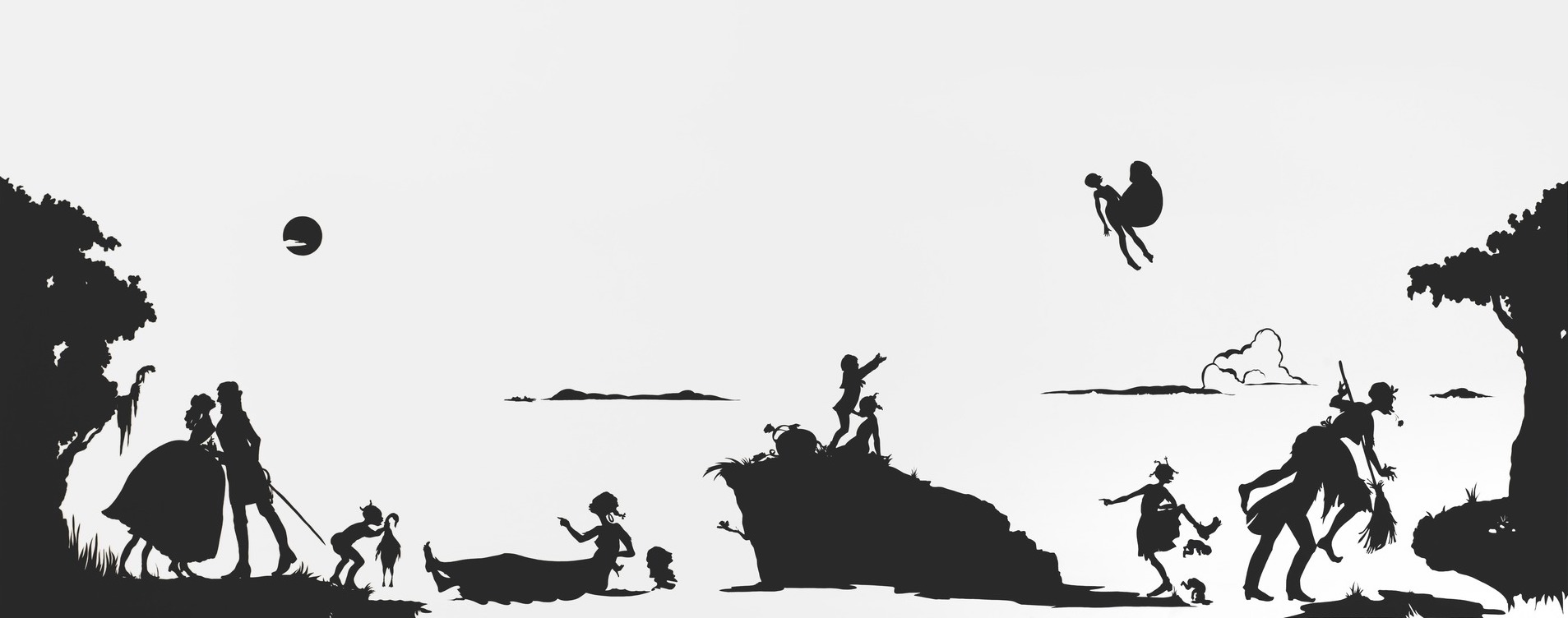I recently read an article for my Biblical Interpretations class on the “politics of sass”, written by Mitzi J. Smith. The article discussed instances when the police treated black women differently because of the tone the women took when the police were interacting with them. This reminded of the Danville Virginia. When the black citizens of the town expected to be spoken to with respect after slavery had ended. The example given in the article was a black woman who had been pulled over by police. The police officer asked what was wrong, he claimed she had an attitude. And she responded by saying that she did not understand why she was pulled over but was respectful of the fact that the police officer was doing his job. The situation escalated and the woman was arrested.
This situation is one of many examples of times when black women were mistreated because of their tone. There were many examples also given in Danville, Virginia. The instances however happened around 100 years apart from each other. This is an issue that is not going away and needs to be addressed because it provides different standards for the tone of black women versus white women. It is clinging onto the idea that black women need to address people in a tone different from white women.
